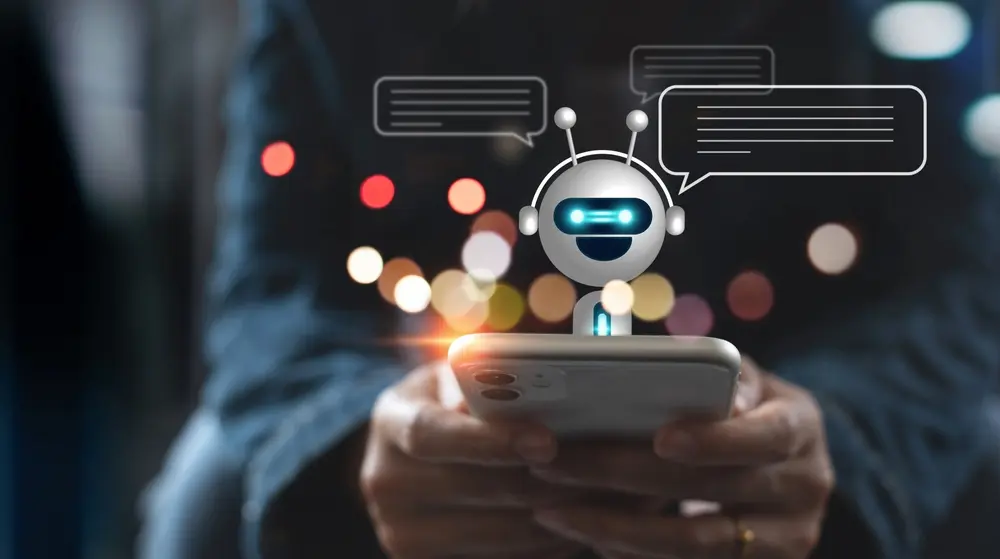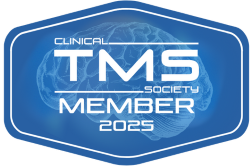
AI and machine learning are disrupting all fields, and mental health is no exception. Today, many mental health professionals are adopting these technologies to enhance their diagnostic and treatment capabilities. That is to be expected, considering how artificial intelligence (AI) and machine learning (ML) provide new tools to help analyze complex data sets, identify patterns in patient behavior, and predict mental health diagnoses, potentially more accurately.
AI and ML can process large amounts of data from various sources, including social media, electronic health records, and wearable devices. This provides insights that assist clinicians in making informed decisions about patient care. But while these technologies offer impressive capabilities, they also come with significant limitations and ethical concerns.
It’s not uncommon for AI algorithms to misinterpret data or fail to capture the nuances of human emotions and behaviors. Besides, using AI in mental health raises privacy issues, as sensitive patient data must be handled with the utmost care to prevent breaches and misuse. And to top it all off, heavy reliance on AI can diminish the critical human element in mental health care.
Mental health diagnoses are deeply personal and complex and require empathy, understanding, and a personalized touch that technology simply cannot replicate. At Relief Mental Health, we emphasize the importance of human connection and the nuanced understanding that only experienced clinicians can provide. Our approach prioritizes manual methods that consider each patient’s unique experiences and needs, ensuring a comprehensive and compassionate care process.
Understanding AI and ML
These technologies are smart computers that can learn and make decisions almost like humans.
- AI is a way to make computers think and learn. It involves programming computers to do tasks that usually need human intelligence, such as understanding language, recognizing patterns, and making decisions.
- Machine learning is a type of AI that teaches a computer by showing it many examples. Over time, the computer improves at making predictions or decisions based on the information it has learned.
Here are the real-world applications of AI and ML in the mental health field:
Chatbots and Conversational AI
Chatbots and conversational AI are AI-powered virtual assistants that stimulate conversations with users. Some mental health providers now use them to provide counseling, support, and data guidance for accurate and reliable diagnoses. However, concerns about transparency and lack of accountability mean patients might not be open enough to provide critical information for a comprehensive diagnosis.

Wearable AI and Mobile Applications:
Wearable devices like smartwatches and mobile apps can track a patient’s psychological and behavioral responses to stimuli like anxiety and stress. Healthcare providers then use this information to recommend treatments for patients.
However, AI isn’t yet fully capable of making a mental health diagnosis because it lacks the nuanced understanding and empathy of a human professional. Therefore, a human should always review AI outputs in healthcare situations to ensure accurate and compassionate care.
Neuroimaging
Neuroimaging involves taking detailed pictures of the human brain. AI analyzes these images to identify signs of mental health conditions. This helps doctors understand what’s happening inside the brain and can help them make more accurate diagnoses.
Robot-Assisted Therapy
Robots equipped with AI can assist in therapy sessions. They provide a safe space for patients to talk, especially those who might be embarrassed, or if they find it hard to open up to humans. These robots use speech recognition to understand and respond to patients. While they offer innovative support, the humanistic element in therapy remains crucial for truly effective mental health treatment.
Deep Learning
Deep learning is a type of AI that learns from large amounts of data. It can analyze imaging data, genetic information, and medical records to detect patterns that indicate mental health diagnoses like depression and anxiety. ML can also help identify patients at risk of self-harm by using their physical, mental, demographic, and social health data, along with administrative data from healthcare encounters.
Natural and Large Language Models (LLM)
Mental health experts may use natural language processing (NLP) and LLMs to extract relevant data from clinical documentation like medical records and patient notes. This information can help to improve clinical decision-making and offer more personalized treatment recommendations.
While AI and ML are changing how providers offer mental health care services, they still have many limitations. For example:
- There’s an issue with the data. AI and ML rely on data to provide a reliable and accurate diagnosis. Yet, there’s a lack of data on many mental health diagnoses, even the ones that have been widely studied. As the World Health Organization puts it, AI is mostly used to study depressive symptoms, schizophrenia, and other psychotic disorders.
- Transparency and accountability also present challenges, which can mean that patients’ data could end up in the wrong hands.
- There’s a potential for algorithmic bias. AI tools are only as effective as the data they’re trained on. So, if the data is biased, the results also will be biased, resulting in incorrect diagnosis and treatment recommendations.
- Lastly, there are ethical concerns surrounding these tools. Issues like privacy, informed consent, and the potential for AI to replace human aspects need to be addressed.
So What’s Next?
AI and machine learning could still play a critical role in diagnosing mental health conditions. But the reality is that the personal touch of a doctor, or other healthcare professionals is irreplaceable.

People struggling with mental health diagnoses have feelings. They need human empathy and understanding, something AI currently struggles with. The last thing a person with a mental health issue needs is to feel like just another data point. That’s why treatment providers like Relief Mental Health maintain the manual diagnosis system. A manual system means:
Personal Interactions
You talk directly with clinicians when you are in your appointment. They listen to your concerns, ask questions, and strive to fully understand your feelings. The personal interaction helps the doctors to see beyond your symptoms and try to understand you as a whole person.
Comprehensive Assessments
Manual systems also involve using different assessment tools to get a complete picture of your mental health. This includes:
- Quantitative Electroencephalogram (qEEG) or brain mapping to measure electrical activity in the form of brain wave patterns
- Patient Health Questionnaire-9 (PHQ-9), which screens, diagnoses, and measures the severity of depression
- Yale-Brown Obsessive Compulsive Scale (Y-BOCS) to rate the severity and type of symptoms in those with OCD
- Geriatric depression rating scale (GDS), which screens for depressive symptoms among older adults
- Beck Depression Inventory (BDI) also measures characteristic attitudes and symptoms of depression
- Beck Anxiety Inventory (BAI) measures the intensity of cognitive and physical anxiety symptoms
Many other assessment tools and systems, such as GAD-7, HAM-D, MDI, CES-D, SDS, CSDD, MADRS, and QIDS, also help. These methods are grounded in peer-reviewed, evidence-based practices.
Tailored Treatment Plans
Based on these assessments and through simple conversations, your doctors will create a treatment plan that fits your unique needs. This plan is not generated by a computer; it’s crafted with care and consideration for your individual situation.
Transparency and Trust
The best part is that all your interactions with the clinicians are confidential. The caregivers are trained to listen without judgment and to support you through your mental health journey. You can ask questions, share your concerns, and be assured that everything is handled with care and confidentiality.
Manual Diagnosis at Relief Mental Health
At Relief, we agree that AI and machine learning may someday have their benefits in the mental health space. But there’s still a lot of work that needs to be done. We also believe that these tools can’t replace the empathy and understanding from face-to-face interactions with our clinicians. That’s why we emphasize manual diagnosis. If you’re struggling with your mental health, feel free to contact us. We’re in network with most health insurance providers, but you can also explore financing options.


